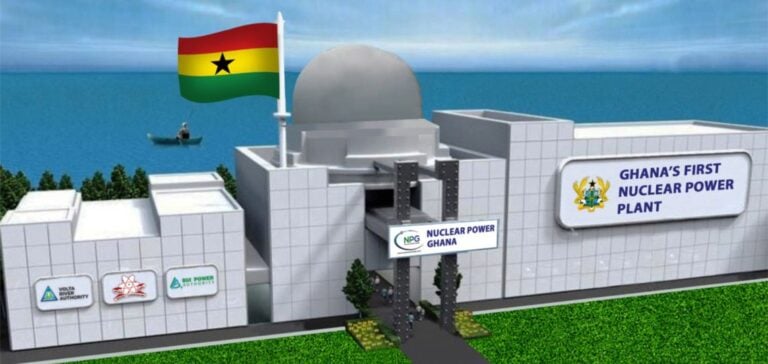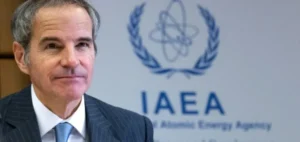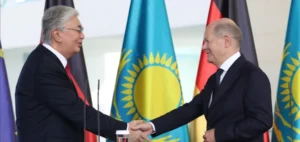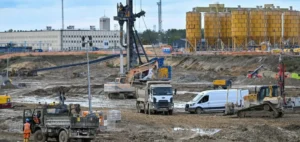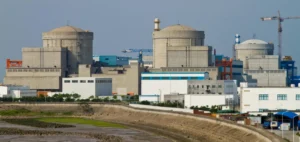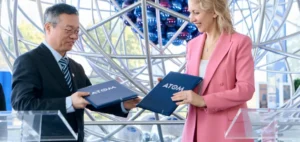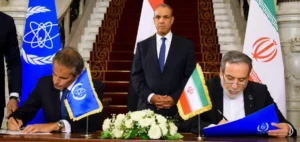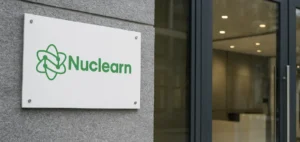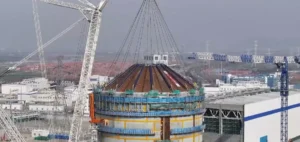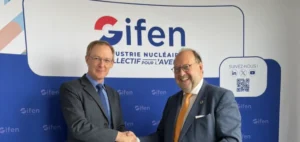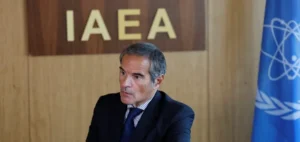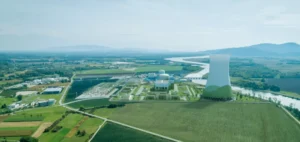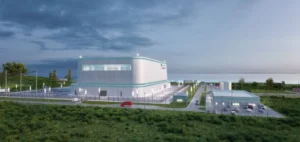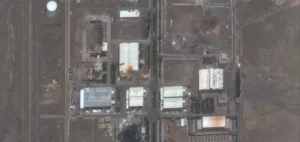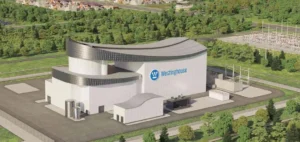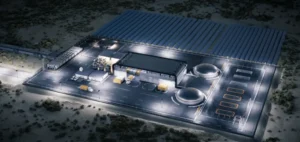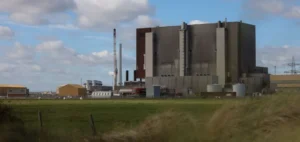Ghana recently made a significant stride in consolidating its nuclear program with the support of the International Atomic Energy Agency (IAEA). The first Integrated Regulatory Review Service (IRRS) mission to Ghana brought together a team of 14 experts from 13 countries over a ten-day period, from November 25 to December 4. The primary objective was to assess Ghana’s legislative and regulatory framework concerning nuclear safety, radiological safety, transport safety, and radioactive waste management.
An evolving regulatory framework
Ghana, aiming to develop large-scale nuclear reactors and explore small modular reactors, has committed to enhancing its nuclear safety. The Nuclear Regulatory Authority (NRA) has been commended for its institutional independence. Adequate financial and human resources have supported the development of regulations and guidelines aimed at improving nuclear regulation.
However, several challenges remain. IAEA experts emphasized the need to accelerate the implementation of national policies for radioactive waste management and establish a clear regulatory enforcement process. These initiatives are essential to strengthening the stability and consistency of the regulatory framework.
Strategic recommendations for the government
The interim mission report identified several priority areas. It recommends that the Ghanaian government:
– Finalize national policies on nuclear safety and waste management.
– Implement a clear enforcement framework to address regulatory non-compliance.
– Invest further in strengthening existing nuclear infrastructure.
According to Thiagan Pather, head of the mission and a member of South Africa’s nuclear regulator, “the commitment of NRA staff has enabled a better understanding of the challenges and opportunities within Ghana’s regulatory framework.”
A long-term nuclear vision
Ghana already utilizes nuclear technologies in sectors such as healthcare, agriculture, and research. However, its ambition to build gigawatt-scale nuclear reactors, alongside the exploration of small modular reactors, will require significant regulatory and technological advancements.
Aba Bentil Andam, chairperson of the NRA Board, stated that this mission “offers a clear roadmap to address current gaps by aligning the regulatory framework with international safety standards.”
Next steps
The final mission report will be delivered to the government within three months. In the meantime, Ghanaian authorities are expected to begin implementing the priority recommendations to solidify their nuclear program. The IAEA has also planned a follow-up mission to assess progress.


